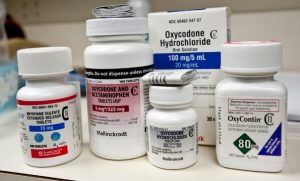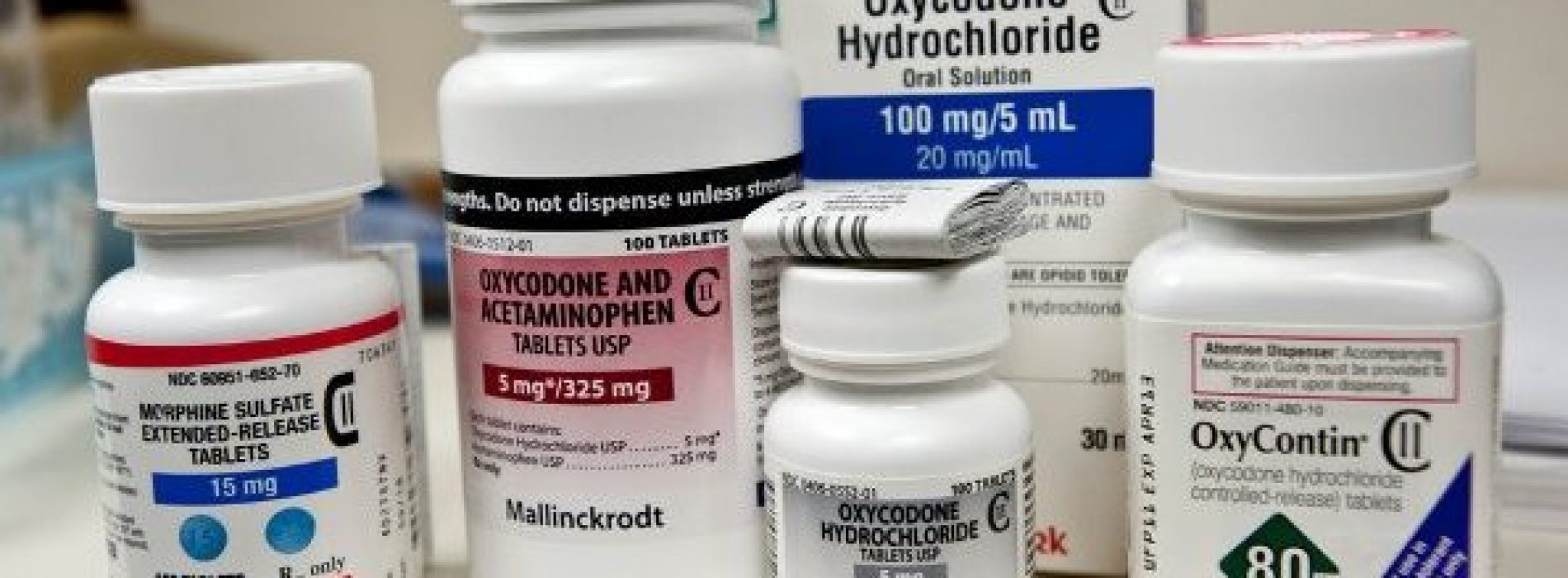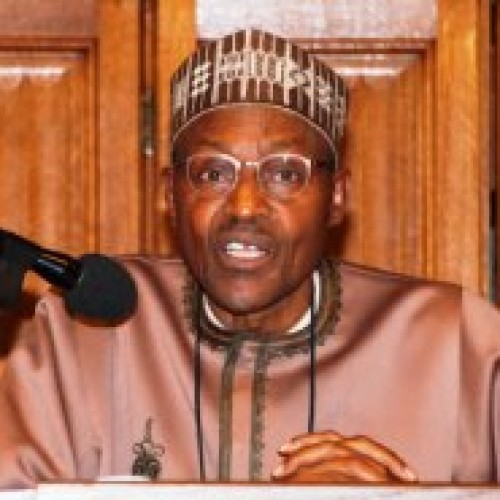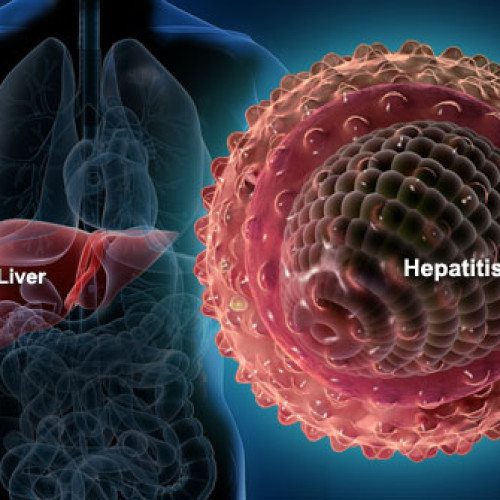Nigeria develops National Policy for Controlled Medicines
• Becomes first country with policy to provide access to controlled drugs for medical purposes while preventing diversion and abuse

ABUJA – Nigeria is stepping out as the first country in Africa to roll-out a novel National Policy for Controlled Medicines (NPCM).
This follows the recent adoption of a comprehensive policy framework by experts to ensure availability of essential medicines, narcotics and painkillers for use in the nation’s tertiary hospitals, primary health care centres, district and general hospitals
The draft policy which was finalised at a town hall meeting in Abuja recently by a group of experts from diverse fields comprising pharmacists, anesthetists and surgeons, amongst others, seeks to provide succor for patients with terminal cancer, those suffering from injuries caused by accident and violence, chronic illnesses and those recovering from surgery who undergo untold suffering due to lack of opioid analgesics which can easily control pain.
Such drugs which are usually recognized to have a number of medical uses, include analgesics for the treatment of mild, moderate and/or severe pain, but not limited to buprenorphine, oxycodone, fentanyl, hydromorphone, methadone and morphine, to induce or supplement anaesthesia (fentanyl and fentanyl analogues such as alfentanil and remifentanil), as cough suppressants (codeine and some other substances), and for the treatment of opioid dependence syndrome (buprenorphine and methadone).
The comprehensive NPCM developed by Nigeria is the result of the cooperation between United Nations Office on Drugs and Crime (UNODC), the World Health Organization (WHO) and the Union for International Cancer Control (UICC) under the framework of the Joint Global Programme on “Access to Controlled Drugs for Medical Purposes While Preventing Diversion and Abuse”.
UNODC and WHO have complementary mandates, experience, competencies and networks.
Funding support was provided through collaboration and partnership with the European Union (EU) which had earlier supported the development of quantification guidelines for narcotic and psychotropic substance and the conduct of a survey on problematic drugs in Nigeria under the auspice of the ‘Response to Drugs and Related Organised Crime in Nigeria’ project.
The ambitious policy shift is a response to the Global Access to Pain Relief Initiative (2012) which reported that Nigeria consumed only 0.1% of narcotic medicines required to manage pain in patients who died of HIV/AIDS and cancer in 2009.
The ‘Draft National Policy for Controlled Medicines and its Implementation Strategies’ elaborates practical approaches to ensure availability of, and accessibility to controlled medicines and articulates a comprehensive policy framework that clearly describes the supply chain with quality assurance mechanisms.
It also makes funding recommendations to ensure sustainability of the interventions to address medical needs of all patients in Nigeria as well as strategic plan of actions to implement the Policy.
The meeting brought together 74 stakeholders to review the draft policy developed by a 22-member group of experts from the government agencies, private sector and civil society who provided their expertise in developing the policy.
A statement from UNODC says the phase was essential in order to have a broader consultation of a broad range of stakeholders to provide them the opportunity to contribute their knowledge and expertise and to make sure the policy is representative.
UNODC Country Representative, Ms. Cristina Albertin, expressed delight in Nigeria’s effort to lead the world in the development of a national policy, saying that the policy fully aligns to what has been internationally recognized by the International Drug Control Machinery.
The Right to Health is among one of the Fundamental Human Rights as stated in the Universal Declaration of Human Rights (article 25) and it is also one of the points expressed in the Sustainable Development Goals (Goal 3.8) focusing on increasing access to essential medicines.
About author
You might also like
Buhari: More promises than action!
Promises, promises and promises. This may well be the best way to sum up President Muhammadu Buhari’s performance in the health sector during his first year in office. Perhaps
Ebola: WHO calls for protection of humanitarian workers, Civilians in Congo DRC
Amidst statistics showing that Ebola has claimed no fewer than 101 lives, with 151 people affected, as at September 25 the World Health Organisation (WHO) has called for the protection
Nigeria launches policy for hepatitis control
Nigeria’ ministry of health has launched a new National Policy for the control of Viral Hepatits. The new policy was launched in Abuja, recently, just as the country joined the






0 Comments
No Comments Yet!
You can be first to comment this post!